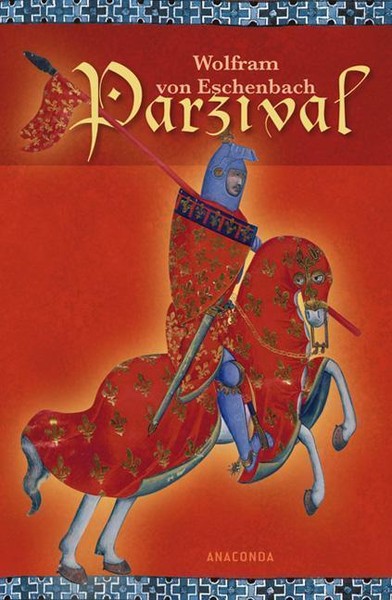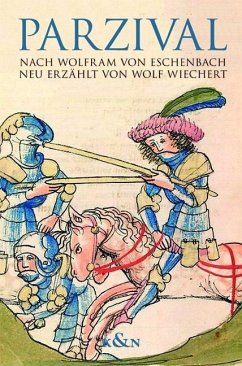

Richey Essays on Mediæval German Poetry (Oxford: Basil Blackwell, 1969) p. "Den Morgenblic bî Wahtærs Sange Erkôs", line 11 translation in Margaret F.Her loved one, caught him close to her again. They, locked together, strove to keep Day outĪnd could not, whence they grew aware of dread.

Day thrust its brightness through the window-pane.Der tac mit kraft al durh diu venster dranc.ĭiu vriundîn den vriunt vast an sich twanc.

The isolated independence of Book IX is also brought out by the link between the close of Book VIII (432,29f.), where Gawan sets out on his vain quest for the Grail, and the opening of Book X (503,21ff.), where the same quest is reported of him again, a link which contrasts ironically with Parzival's penetration of Grail-territory and instruction in its mysteries in the intervening Book devoted to him alone.Īs in other Books, but especially because instruction in the mysteries of the Grail brings to the fore the theme of a cognitive progress, great store is set on the listeners' ignorance or knowledge by comparison with a character in the story. This is made expressly clear at the start of the Book (433,1ff.) with its prologue-like dialogue with frou Âventiure, necessary after Parzival has for so long been lost to view while Gawan dominated the narrative foreground, and at the start of the following Book, when the return of the narrative action to Gawan is likewise pointed out (503,1: Ez nœht nu wilden mœren). Coming after two Books and before another four Books with Gawan as their primary hero, Book IX stands out as being concerned exclusively with des mœres hêrre. Book IX forms a more obviously self-contained narrative unit than any of the groups of Books dealt with in other chapters.


 0 kommentar(er)
0 kommentar(er)
